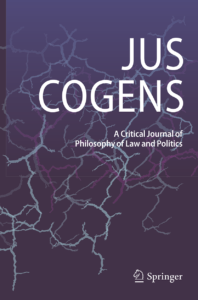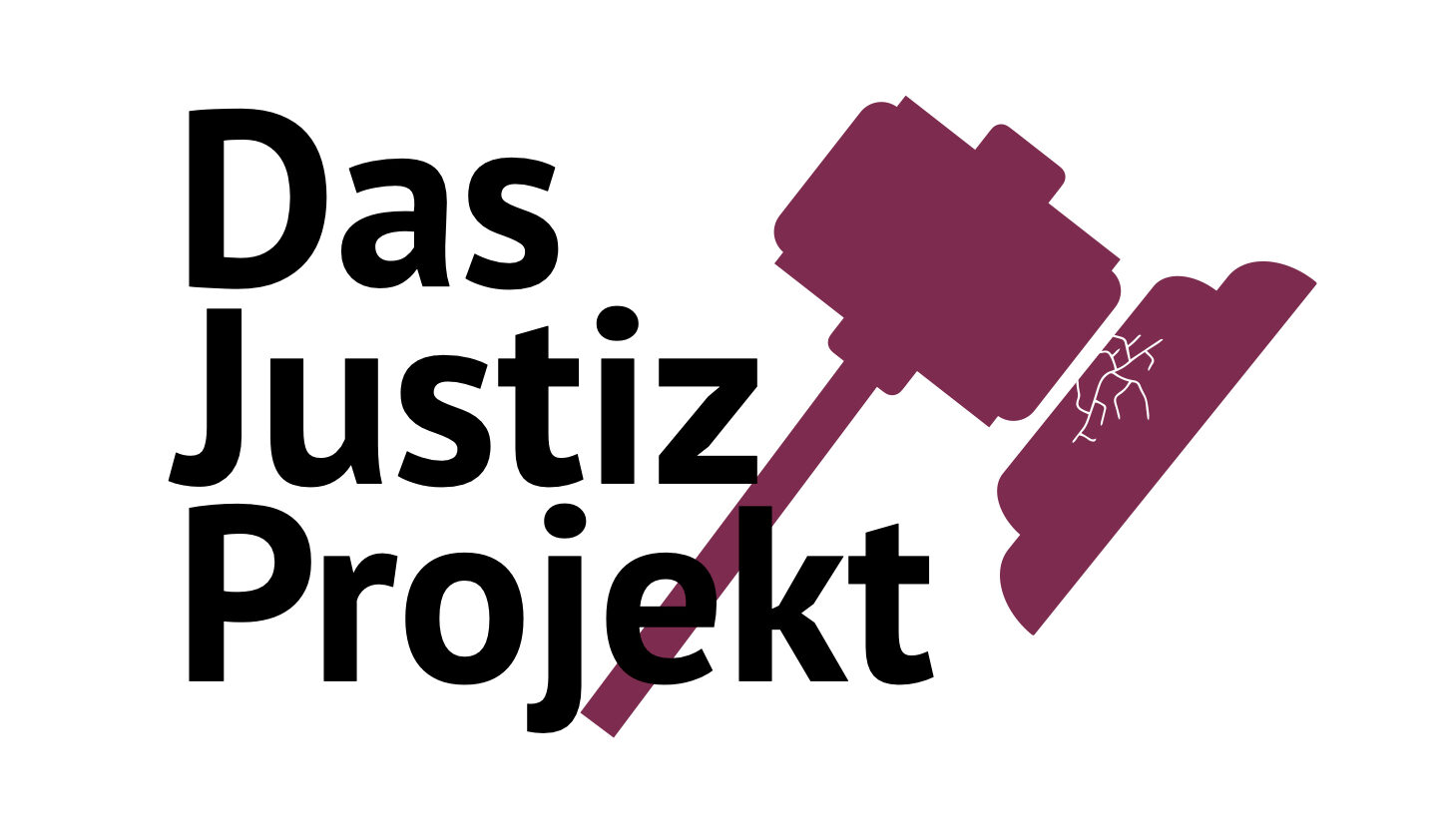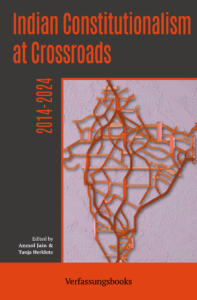Progressives and the Supreme Court
The Case for Disengagement Is Misguided
Continue reading >>Amerikas Progressive und der Supreme Court
Warum der Ruf nach Rückzug ein Irrweg ist
Continue reading >>Copyright, AI, and the Future of Internet Search before the CJEU
With Like Company v Google, the first groundbreaking AI copyright case is now headed to the Court of Justice of the European Union (CJEU). In this case, a Hungarian press publisher challenges Google and its Gemini chatbot for reproducing and communicating its editorial content without authorisation. The Court’s decision will establish the legal framework for AI’s relationship with copyright and press publishers’ rights across the EU. It will potentially reshape how generative AI systems can or cannot lawfully access, process and reproduce journalistic and other protected content. This may even fundamentally affect the economic and technical architecture of future AI development.
Continue reading >>The GPAI Code of Practice
On 10 July 2025, the European Commission published the final version of its Code of Practice for General-Purpose AI (GPAI) – a voluntary rulebook developed by a group of independent experts and more than 1,400 stakeholders from industry, academia, civil society, and rightsholders. The Code is meant to prepare providers for what’s ahead: it offers a straightforward way to start complying with future obligations under the AI Act. Its success will ultimately depend on whether it manages to reduce compliance burdens and provide legal certainty. Even if not universally adopted, it could still serve as a regulatory benchmark under the AI Act.
Continue reading >>Independence as a Desideratum
A recent report claiming that EU tech regulation has entered the ongoing trade negotiations with the U.S. has sparked fears that enforcement of the Digital Services Act (DSA) might be halted altogether. Although the DSA only came into full effect in February 2024, the European Commission’s subsequent enforcement has already showcased conflicts regarding its role as an autonomous political and administrative enforcement body. Considering the potential impact of the DSA on online communication, the Commission’s current role in DSA enforcement raises serious concerns. This calls for a search for alternative models of DSA enforcement. Three options present themselves.
Continue reading >>Die Sache mit der Menschenwürde
Im ersten Absatz des ersten Artikels des Grundgesetzes steht das bundesrepublikanische Glaubensbekenntnis: „Die Würde des Menschen ist unantastbar.“ Kein anderer Satz ist in Deutschland derart demonstrativ konsensfähig, kein anderer Satz bedient derart das deutsche Bedürfnis nach moralischer, nicht zuletzt erinnerungspolitischer Selbstvergewisserung, und kein anderer Satz der Verfassung eignet sich gerade deshalb derart gut für politisch zweckentfremdete Feindmarkierungen. In einem der unrühmlichsten Vorgänge der jüngeren deutschen Politikgeschichte hat das die Potsdamer Professorin Frauke Brosius-Gersdorf erfahren müssen.
Continue reading >>Parlamentskultur und Bundesverfassungsrichterwahl
Die Wahl neuer Richterinnen und Richter an das Bundesverfassungsgericht sorgt für politisches Störfeuer – trotz fachlich überzeugender Vorschläge. Statt juristischer Expertise dominieren moralische Reflexe und parteipolitisches Kalkül. Die Plenumsentscheidung stellt aber hohe Anforderungen an die Parlamentskultur: Die aktuellen Entwicklungen drohen, das Vertrauen in das demokratische Verfahren der Richterwahl nachhaltig zu schädigen.
Continue reading >>The End of an (Unlawful) Era
On June 17th, the Danish Supreme Court delivered an important judgement concerning the principle of non-penalization of refugees, ending decades of unlawful prosecutorial practices. A closer reading points to longstanding deficiencies in informing asylum seekers of their rights during the procedure. Moreover, questions remain regarding the interpretation of Article 31 for beneficiaries of subsidiary protection.
Continue reading >>CURRENT DEBATES
Human Rights Protection in the Climate Emergency: The Inter-American Court of Human Rights' Advisory Opinion No. 32
On July 3, 2025, the Inter-American Court of Human Rights (IACtHR) issued Advisory Opinion No. 32 — the most important and progressive document yet released by an international court on the climate crisis. This blog symposium, in collaboration with the Sabin Center for Climate Change Law, explores the various facets and implications of the advisory opinion, spanning areas such as mitigation measures, access to justice, migration, global justice, and more.
Read all articles >>Ongoing Controversies over Methods in EU Law – Towards a Reflexive Turn
The ongoing controversies over methods in EU law reflect a broader rethinking of the discipline, influenced by multiple crises in the European Union. Scholars are questioning traditional conceptions of EU law as a law of integration and its disconnection from European societies. The rise of critical approaches and empirical methods, alongside interdisciplinary perspectives, challenges doctrinal and functionalist interpretations. This shift, often referred to as a methodological turn, does not imply dominance over classical approaches but calls for a “reflexive turn.” Scholars are urged to reflect on their methods and the role of EU law in the production of legal knowledge, fostering greater awareness of historical and contemporary debates in the field.
Read all articles >>ADVERTISEMENT
 Volume 7,
Volume 7,Issue 2
July 2025
JUS COGENS
-
Killing Hitler Word by Word: The Oath as Apocalyptic Lawmaking
GREGOR NOLL
-
Adjudicating Climate Protest as a Tool of Modern Republicanism
DMITRII KUZNETSOV
OUR LATEST PUBLICATION
Anmol Jain & Tanja Herklotz (eds.)
Indian Constitutionalism at Crossroads: 2014-2024
Narendra Modi’s Bharatiya Janata Party (BJP) has governed India since 2014, marking a decade of challenges to various aspects of India’s democracy and constitutional system. While the last decade may not have left many conspicuous signs textually, the soul of India’s constitutional system has suffered several dents. The ruling government has launched, quite successfully, a project of redefining India, its constitutional identity, and its vision. This edited volume explores these multifaceted challenges and assesses the current state of Indian Constitutionalism.
PROJECTS
VB Security and Crime
In cooperation with:
VB Security and Crime is a cooperation of the Max Planck Institute for the Study of Crime, Security and Law (MPI-CSL) and the Verfassungsblog in the areas of public security law and criminal law. The MPI-CSL Institute is a member of the Max Planck Law network.
Das Justiz-Projekt

Weltweit gerät die unabhängige und unparteiische Justiz unter den Druck des autoritären Populismus.
Wie verwundbar ist die rechtsprechende Gewalt in Deutschland – im Bund und in den Ländern?
VB Security and Crime
In cooperation with:
VB Security and Crime is a cooperation of the Max Planck Institute for the Study of Crime, Security and Law (MPI-CSL) and the Verfassungsblog in the areas of public security law and criminal law. The MPI-CSL Institute is a member of the Max Planck Law network.
EDITORIAL
Amerikas Progressive und der Supreme Court
Warum der Ruf nach Rückzug ein Irrweg ist
Continue reading >>



